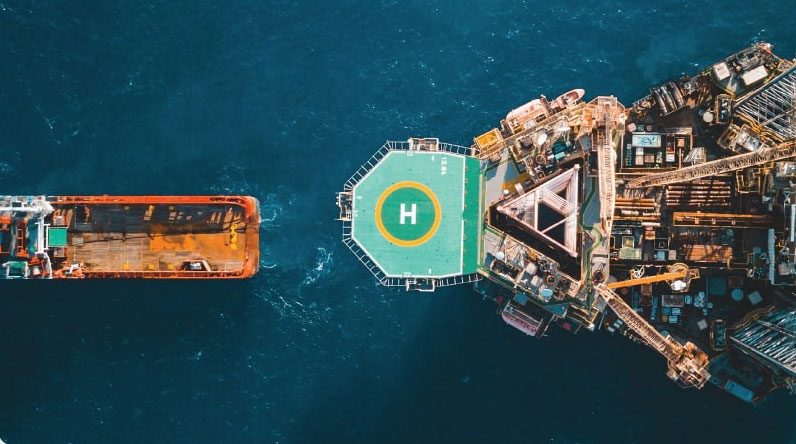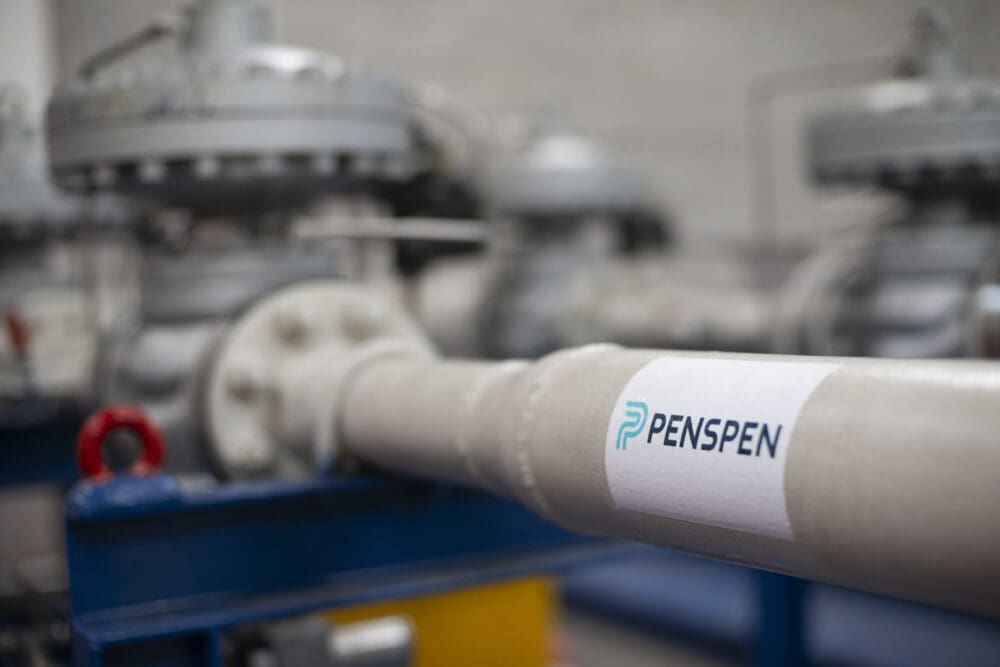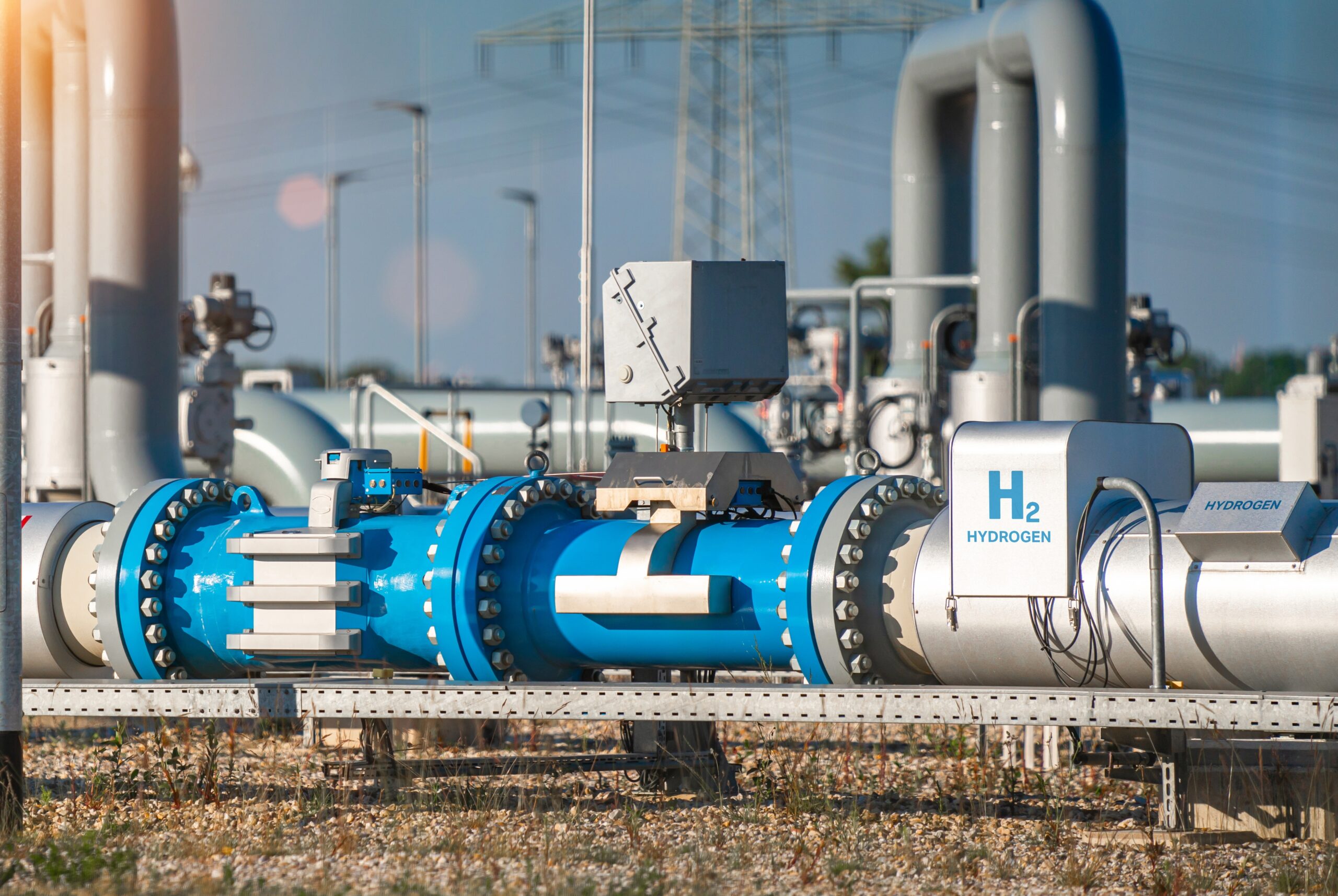Prioritisation of Pipe Selection for Conversion to Hydrogen Transportation
Determining a future purpose for a Latin American energy operators’ pipelines and options for conversion to hydrogen.
Project Background
The client, an energy operator in Colombia, oversees the operation and maintenance of a nationwide pipeline network, which transports liquid petroleum products. One of the biggest challenges currently facing the petroleum industry in the country and region is the decarbonisation of local energy demand, driven by global and national governmental initiatives.
As a result, the client intends to adapt their infrastructure to meet the needs of the future pipeline transportation market, which is expected to primarily transport hydrogen and hydrogen-related products.
Utilising our global hydrogen expertise, Penspen was awarded the contract to help prioritise the approach to assessing the existing infrastructure for future energy transportation, considering connections between supply and demand, future throughput constraints, technical considerations (such as integrity and routing), conversion methodologies, and expected costs.
Services
Penspen’s Latin America team, supported by experts from the Centre of Engineering Excellence, conducted a comprehensive study to evaluate the existing infrastructure’s potential in the future energy transportation market, with a focus on hydrogen and its derivatives.
Our experts developed a tailored qualitative prioritisation methodology to evaluate the infrastructure’s potential for hydrogen transportation. This involved applying rigorous standards for conversion, considering factors such as pipeline integrity, routing, safety measures, and emergency response protocols. Our analysis encompassed the entire infrastructure lifecycle, from pipelines to terminals, ensuring a holistic approach to potential hydrogen integration.
Result
Penspen’s study resulted in a detailed report for the client, providing clear insights into the potential for hydrogen transport conversion across their pipeline systems. Additionally, the report included a step-by-step methodology for repurposing their pipeline systems, incorporating insights from Penspen projects in the UK and Europe, and aligning with ASME B31.12, a leading standard for hydrogen systems.
Low-carbon hydrogen is critical to achieving Colombia’s decarbonisation strategy. As an energy vector, hydrogen will accelerate the deployment of renewable energy sources, such as solar and wind energy, by providing seasonal storage and facilitating the transport of energy to demand centres.





